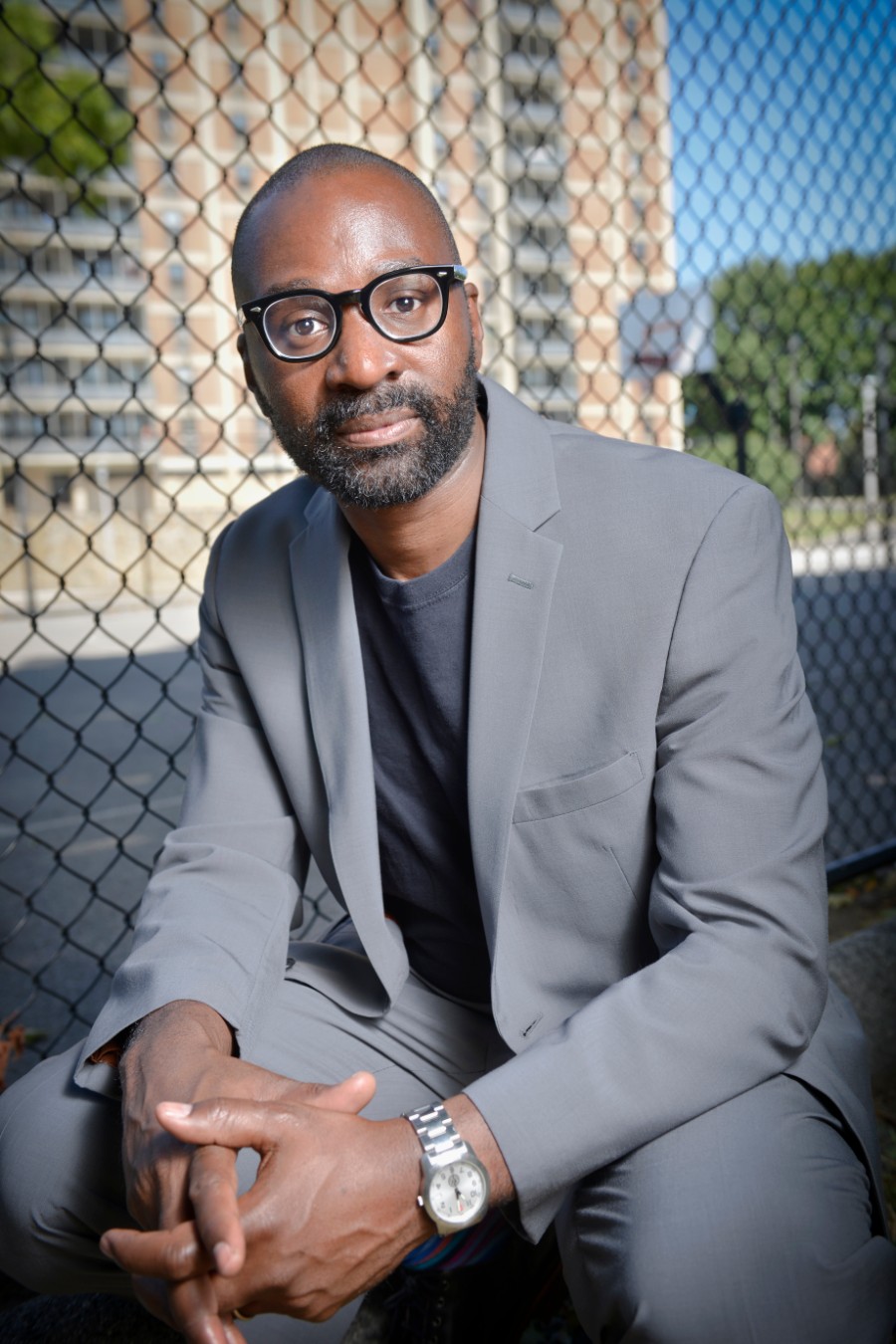“What doesn’t count as scholarship?” John L. Jackson, Jr. asked in Teachers College’s 2021 Sachs Lecture. The answer, said Jackson, Walter H. Annenberg Dean of the Annenberg School for Communication at the University of Pennsylvania, bears on “how we bring truth and fact to bear on arguments we make about the world.”
Jackson aspired to a Hollywood career but became an anthropologist to honor “the power of images and sound” by making ethnographic films. The academy fought him, signaling that movies “weren’t going to count at promotion as much as a book or an article.”
Watch the 2021 Sachs Lecture, delivered by John L. Jackson, Jr.
That unwritten rule, he said, stems from the anthropologist Clifford Geertz’s “canonization” of “‘thin description’ — the inadequacy of merely looking at the physical world” because “you need the anthropological guide to walk you through…what you’re only seeing.”
I’d argue that part of what makes the moving image so difficult and dangerous to comprehend is it’s thickness, not it’s thinness.
—TC Sachs Lecturer John L. Jackson, Jr.
But “I’d argue that part of what makes the moving image so difficult and dangerous to comprehend is it’s thickness, not it’s thinness,” said Jackson, whose own films include “Bad Friday: Rastafari After Coral Gardens,” a documentary on the 1963 violence in a Western Jamaican Rasta community, and who created a student “bootcamp” to “routinize what it would mean to pick up and turn on and mobilize a camera.”

John L. Jackson, Jr., Walter H. Annenberg Dean of the Annenberg School for Communication and Richard Perry University Professor at the University of Pennsylvania
Anthropology — and academia in general — will surely have a “multi-modal future,” Jackson concluded. But “the question becomes, Do we enter kicking and screaming? Or, do we enter with a game plan to prepare students in education, anthropology, sociology and communication with the tools they need, the skills and sensibilities to bring to bear on a multimodal world?”
The Sachs Lecture, sponsored by TC’s Office of the Provost, was established in 1924 by Julius Sachs, a TC faculty member who founded New York City’s Dwight School.
